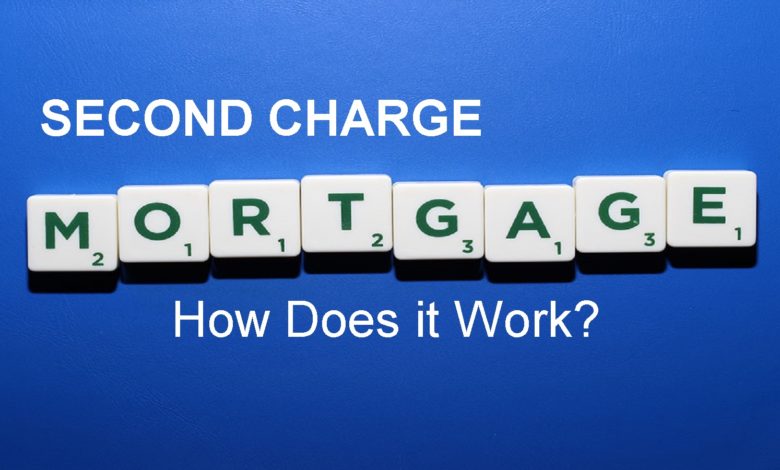Second Charge Mortgage: Meaning, Easy Process, 3 Pros and Cons
Unlocking the Power of Second Charge Mortgages: A Comprehensive Analysis of Meaning, Easy Process, and 3 Pros and Cons.

A second charge mortgage is a type of loan that uses your home as collateral, just like your first mortgage. The key difference is that it’s taken out on top of your original mortgage, meaning you’ll have two loans secured against your home.
For homeowners looking to unlock equity without disrupting their current mortgage, this can be a handy solution. But it’s important to know how this type of mortgage works and whether it’s the best fit for your financial goals.
Key Takeaways:
- A second charge mortgage allows you to borrow against your home without refinancing your original mortgage.
- It can be a great option for homeowners looking to access equity while preserving the terms of their first mortgage.
- There are pros and cons to this type of mortgage, so weigh them carefully.
- Using a second charge mortgage calculator helps you understand the financial commitment.
- The process involves eligibility checks, a property valuation, and approval from the lender.
Why Would You Consider a Second Charge Mortgage?
If you’re in need of funds—whether it’s for home improvements, consolidating debt, or paying for major expenses—a second charge mortgage could be an attractive option. One of the main benefits is that you don’t need to remortgage or refinance, which can be useful if your current mortgage has favorable terms.
Ask, is this the right choice for everyone? Before making a decision, it’s important to understand both the benefits and risks involved.
Second Charge Mortgage Process
If you’re considering this option, understanding the second charge mortgage process is crucial. The process is relatively straightforward but involves a few key steps:
- Eligibility Check: Your lender will first assess your ability to make the payments, ensuring that you meet the criteria for a second charge mortgage.
- Valuation of Your Home: To determine how much you can borrow, your home’s value will be assessed. The amount you can borrow will be based on the equity available after your first mortgage.
- Application Approval: Once your lender approves the application, they will register the second charge mortgage against your property.
It’s important to note that the second charge mortgage won’t impact your first mortgage, but you’ll have two loans to repay, so managing both is crucial.
Second Charge Mortgage Pros and Cons
Now, let’s dive into the pros and cons. While this loan type offers several advantages, there are also potential downsides to consider.
Pros:
- You don’t have to alter your original mortgage.
- It’s a way to access large amounts of money, depending on your home’s equity.
- Can be a lower interest option compared to unsecured loans.
Cons:
- You’ll be taking on two mortgages, which can be challenging to manage.
- If you fail to make payments, you risk losing your home, as it’s secured debt.
- The interest rate might be higher than your first mortgage, increasing your overall repayment costs.
Knowing both the benefits and drawbacks will help you decide if it’s the right financial move.
When Is a Second Charge Mortgage a Good Option?
A second charge mortgage could be a good option if:
- You have a low interest rate on your first mortgage that you don’t want to lose by refinancing.
- You’ve built significant equity in your home and need a large sum of money.
- Your credit score has dropped, making it harder to qualify for other types of financing.
- A second charge mortgage can be a viable solution in certain financial circumstances.
- It can be beneficial for individuals who may not want to remortgage their existing property or face high early repayment charges.
- A second charge mortgage can provide access to additional funds for home improvements, debt consolidation, or other investment opportunities.
- It is important to carefully consider the potential drawbacks, such as the possibility of higher interest rates and the potential risk to your property if repayments are not made.
Overall, weighing the pros and cons and seeking professional advice can help determine if a second charge mortgage is a suitable option for your specific needs.
But, if you’re struggling with your current mortgage payments, adding another loan might put further strain on your finances. Always consider your current situation and ability to repay both loans before proceeding.